On the occasion of the fourth edition of the FeST, Milan’s Festival of TV Series, we had a chat and a laugh with this year’s co-host: Edoardo Ferrario.
An example of a stand-up comedian, podcaster, actor, and dubber who doesn’t let himself stop by the trend of politically correct, but rather seconds it, Edoardo firmly believes in the power of honest and respectful comedy, which expresses ideas and creates confrontations in the name of the amusement of the paying audience.
Behind the scenes of the FeST, at the end of an exhilarating panel where, together with Luca Ravenna, he captured the viewers with brilliance and the talent for impressions that distinguish him, Edoardo told us what real comedy is for him and what the responsibilities of comedians are. For the sake of truthfulness to the audience.
Do you remember the moment in which you realized you like to make people laugh?
You know what, I do remember it well, it dates back to when, as a kid, I would watch Gialappa’s and Serena Dandini’s shows on TV. I used to go to catholic school, and one day the nun found out I was good at making impressions (in fact, I would imitate the comedians I knew, like Gialappa’s and the Guzzantis). During a school trip to Abruzzo, they made me sit in the front rows of the bus, gave me the mic, and I started making impressions of the impressions I would watch on TV, and I remember everyone laughed, both my classmates and my parents. So, you know, I would have so much fun making people laugh, and that was the moment in which I thought that it could have been nice to maybe make a profession out of it in the future.
Comedy is changing with the changing of the times, technologies, new lifestyles, and taboos – just think about the “politically correct”, for example, and how it’s influencing the entertainment content in general. Your own comedy had to come to terms with something in particular over the past few years? How has it changed, if it has?
My comedy hasn’t changed. The world has, instead, and the language luckily has, so the fact that we can no longer make people laugh using words that today are no longer tolerated is legit in my opinion because those words were wrong even at the time, and the people who were victims of those insults back then were not happy at all. So, I think that comedians can joke around everything they want, sensitive topics, the so-called minorities, and the relationship between men and women because comedians express an idea, and forbidding them to do so would be like asking a journalist not to write an article about homosexuals or ethnical minorities. Comedians express their points of view, and puns are confrontations, not insults. In my opinion, instead, today we keep thinking that jokes need to be insulting: therefore, in this logic, if I joke about a more sensitive category than others, it means that I’m insulting it. The truth is, instead, that first and foremost I’m referring to that category and I’m taking it into consideration, I’m joking about it to create a confrontation. Each one of us thinks and relates to people in a certain way: if you relate to people in a racist way, then you make a racist joke, if you relate to people in a curious way, you make a joke that a person from a different culture would make noticing some differences in the other culture. The worst we could do is, as we’re so afraid to say the wrong thing, to stop talking about who’s different from us – this, for me, would be the end of art and the end of comedy.
I believe that it’s better to say some dumb shit from time to time because it happens, but keep relating to each other and have fun talking with each other, rather than stop talking or making lame jokes for the sake of a politically correct that no one knows who’s established by.
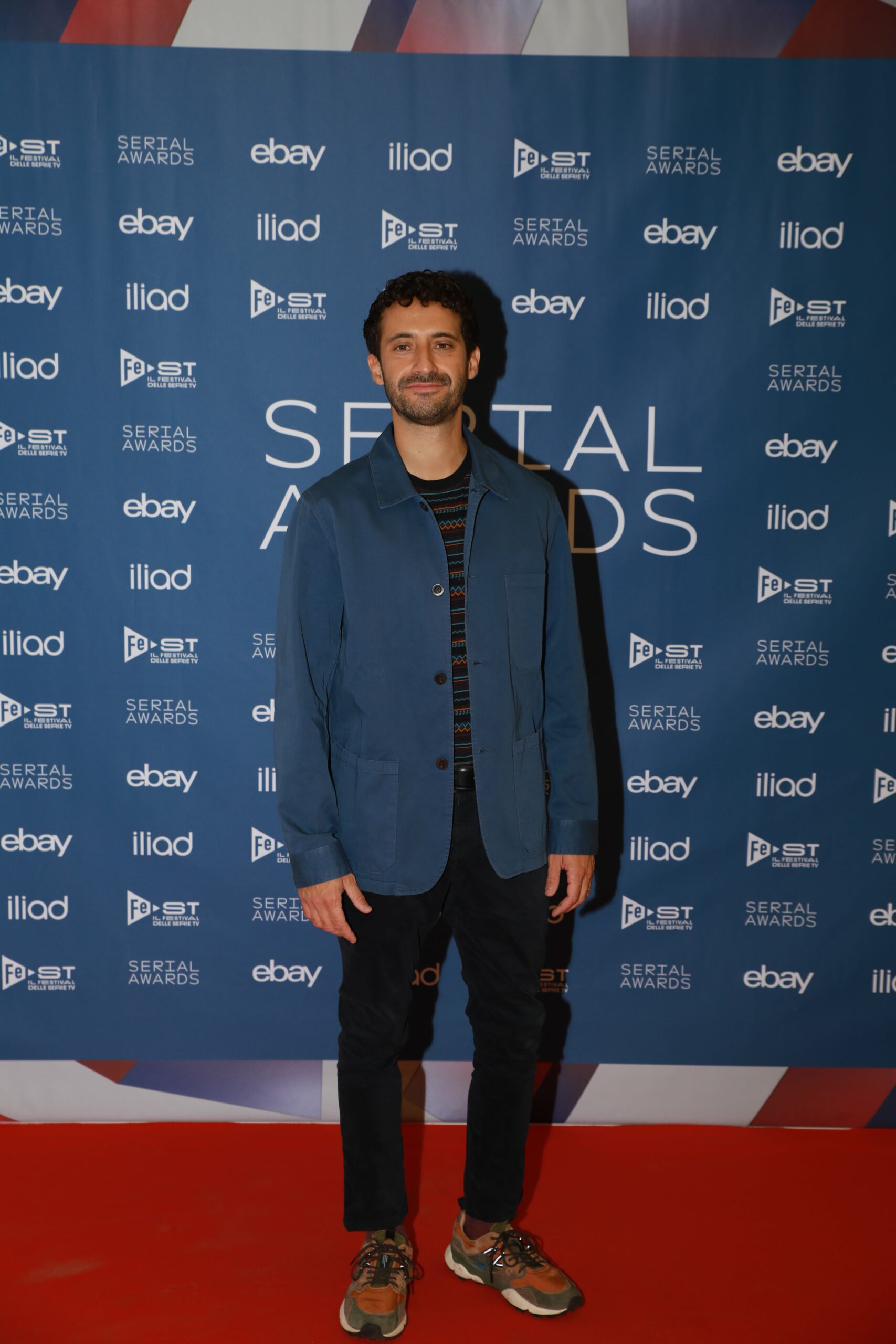
“To stop talking about who’s different from us – this, for me, would be the end of art and the end of comedy.”
You’re the creator of the first stand-up comedy show on Netflix: what kind of responsibility do you feel on your shoulders and how do you cope with it?
Maybe I felt the responsibility at the time when they told me I was to be the first. Besides that, not only it was the first in Italy, but it was also the first Special in 190 countries, so in this sense, it was a huge responsibility because I thought, “who knows who will see me, who knows how all this will work?”. To be honest, I’ve actually always talked to an audience, I’ve always considered the audience as the absolute most important thing for a comedian, so I always try and be faithful to the audience, be original and give them things that I think are important, and that could be fun for them.
When the special came out, I just thought, “maybe this could give me more visibility, maybe they’ll watch me from abroad”. And so it was, in fact, and I’m very happy about this, however, I think that comedy is such a democratic form of expression that you really can’t cheat: if you hop on stage, you must be fun, there are no shortcuts, you can have made a Netflix special, you can have made six movies, or be a TikTok or an Instagram star, but if you can’t make your audience laugh, no one wants to keep watching you.
So, my duty is to always write fun and original things every year for the people who pay the ticket to come to see me.
Is there a topic you particularly like to joke about? Is there one you want to joke about instead?
A topic I don’t enjoy is political satire because I think it’s very stale. By the way, nowadays politicians look for those strategic algorithms, the things that voters want to hear them say; it’s actually always been like this, but today it is even easier to find topics on which politicians can make speeches, so they’re such an essential mirror of the electorship that it makes no sense any more, I think, to make a satire on them. On the other hand, we must satirize voters, and I find it so much fun because, despite everything, although politicians don’t make good politics, I think it’s way more interesting to find weaknesses and fragilities in voters because everything starts with us voters and our choices. It’s easy to satirize right-wing politicians if, in the end, they’re voted by millions of people…
Social satire is way more important than political satire.
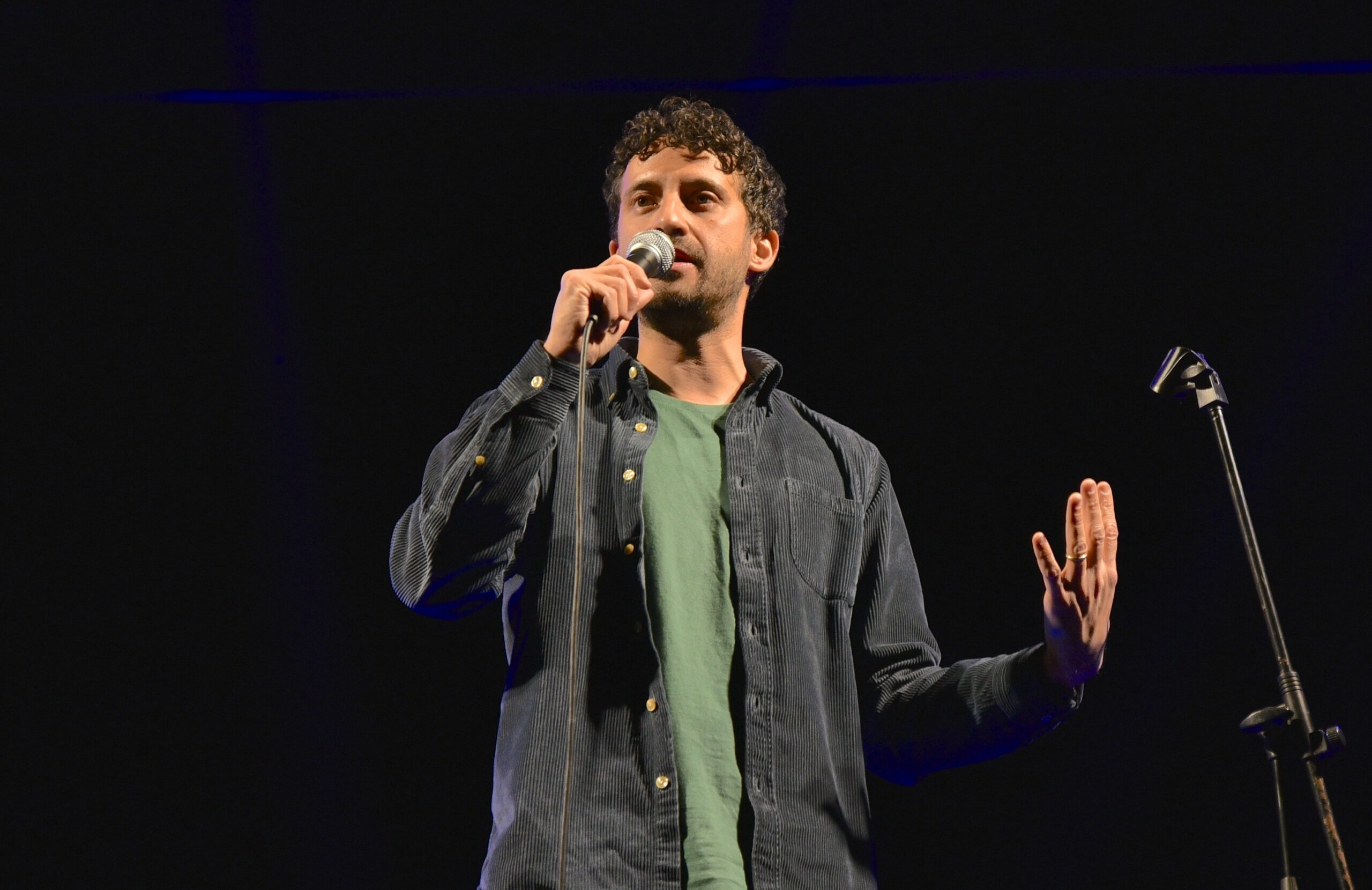
You and Luca Ravenna started your own podcast, “Cachemire”, which is one of the most listened to in Italy. How does your way of approaching satire and humor change between standup comedy, podcast, and now, with “Beavis and Butthead”, dubbing? Is there a field you prefer?
I keep preferring live shows.
Live shows for a comedian are the best they could do, for the obvious reason that the audience is there in front of you and it’s a very nice way to be in contact with people. However, I think that the best part of “Cachemire” is that we thought about what we usually do before writing a standup monologue and tried to take it to a dimension that’s more similar to video; so, the chats that Luca and I have are basically those chats we have before writing a standup comedy piece.
We’ve always noticed that the fun part of standup comedy is when you tell a friend about what you’d like to write about. We instantly thought about reproducing those chats we have on YouTube: we couldn’t do it on other channels because YouTube gives us the possibility to do it for one hour and a half, which is a lot of time. We live and we’ve lived, during the lockdown, in a time where we all have plenty of time to listen to digital content, so every one of us can choose what we want to listen to, and we can afford to occupy one hour or one hour and a half with this kind of entertainment. Anyway, I think that “Cachemire” and standup have a lot in common. I like comedy that’s spread via all channels, whether it is TV or YouTube; oftentimes, I also like to use the same idea on different channels. With “Cachemire”, we’ve certainly had the chance to do it in many ways, kind of halfway through television, radio, and stand-up, and this is what probably encourages us the most.
Speaking of TV shows, instead, in what way do you choose what to watch and what do you particularly pay attention to, most times?
I love shows that insist on characters, that narrate them in a very truthful way. I also like TV series that humanize difficult characters; on this note, for example, I’ve adored “Succession”, I think it’s a masterpiece because it tells portrays a family of billionaires, one of the most powerful families in the world, making you feel so close to all members, telling you that even billionaires can have similar problems to the ones we all deal with. This goes for drama series, I don’t like those smart-ass ones that follow trends, that narrate worlds that only exist in the heads of screenwriters.
As far as comedy shows are concerned, instead, I like the truly fun ones, those that really make me laugh. I’m a huge fan of “The Office”, especially the one by Ricky Gervais, I always have, for me, it’s one of the best things ever written comedy-wise because it’s a show that portrays people for who they really are, describing a dynamic to which everyone can relate. I also really like “Arrested Development”, it’s one of my favorite shows, and “Louie” by Louis C.K., which is a comedy but actually drama series.
In other words, the way characters are written is the most important thing for me, both in a drama and comedy show.
“I love shows that insist on characters, that narrate them in a very truthful way.”
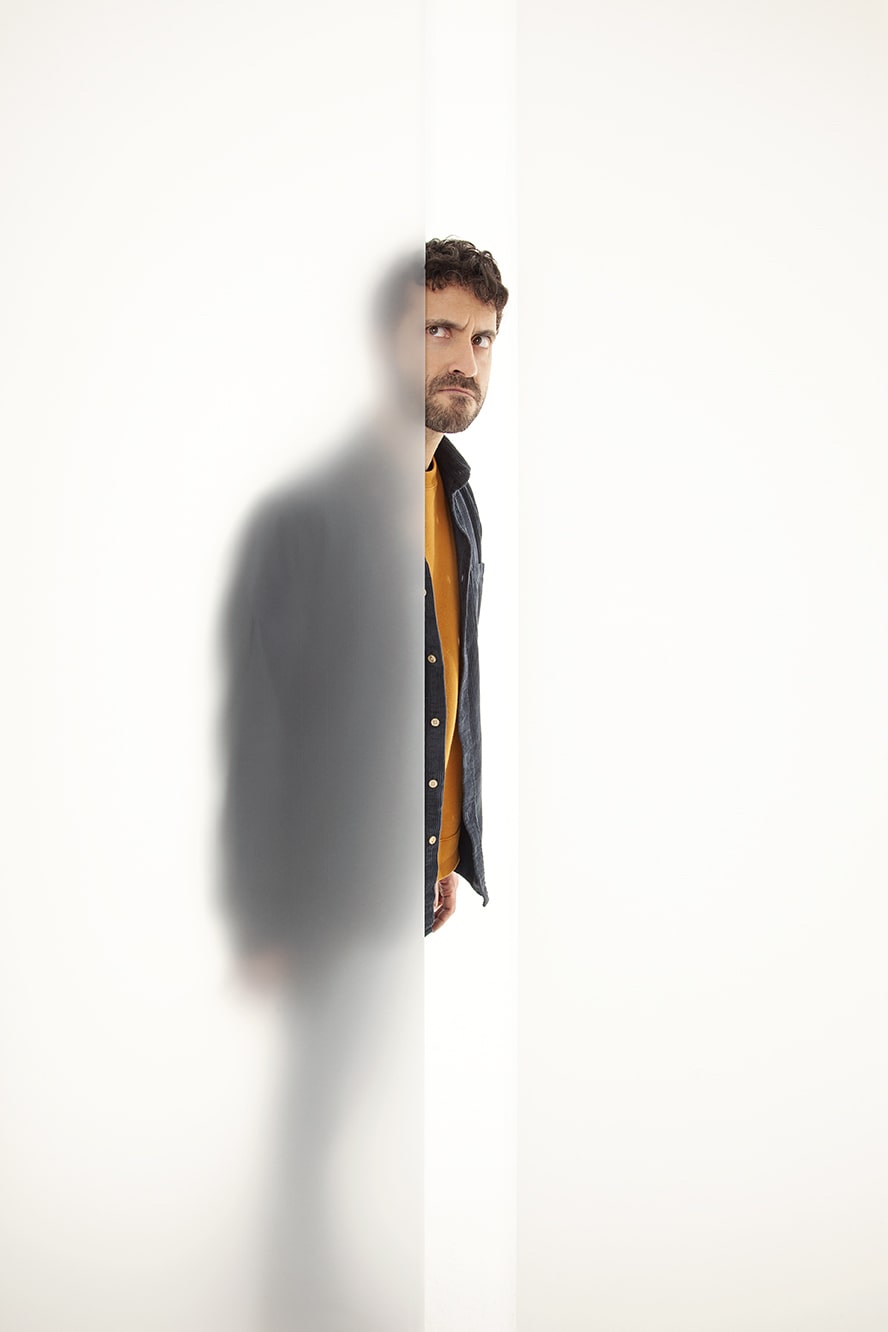
What is it that makes you laugh?
Farts, obviously, they’re the most fun thing in the world! After that, I can tell you that honest comedy is what makes me laugh, that’s vital, while I don’t like when comedians follow the trends of the moment. To be fun, comedy needs to also be surprising, and in a time like ours, surprising means to say things that you’re not supposed to be allowed to say anymore. I like it when comedians do their job, that is saying what they want to say, making everyone laugh but without saying those brutalities that, as we were saying before, we can no longer say today.
What makes me laugh the most, in short, is when comedians are good at their job.
Horizontal photo by Alessandro Scrocca.
Thanks to FeST.

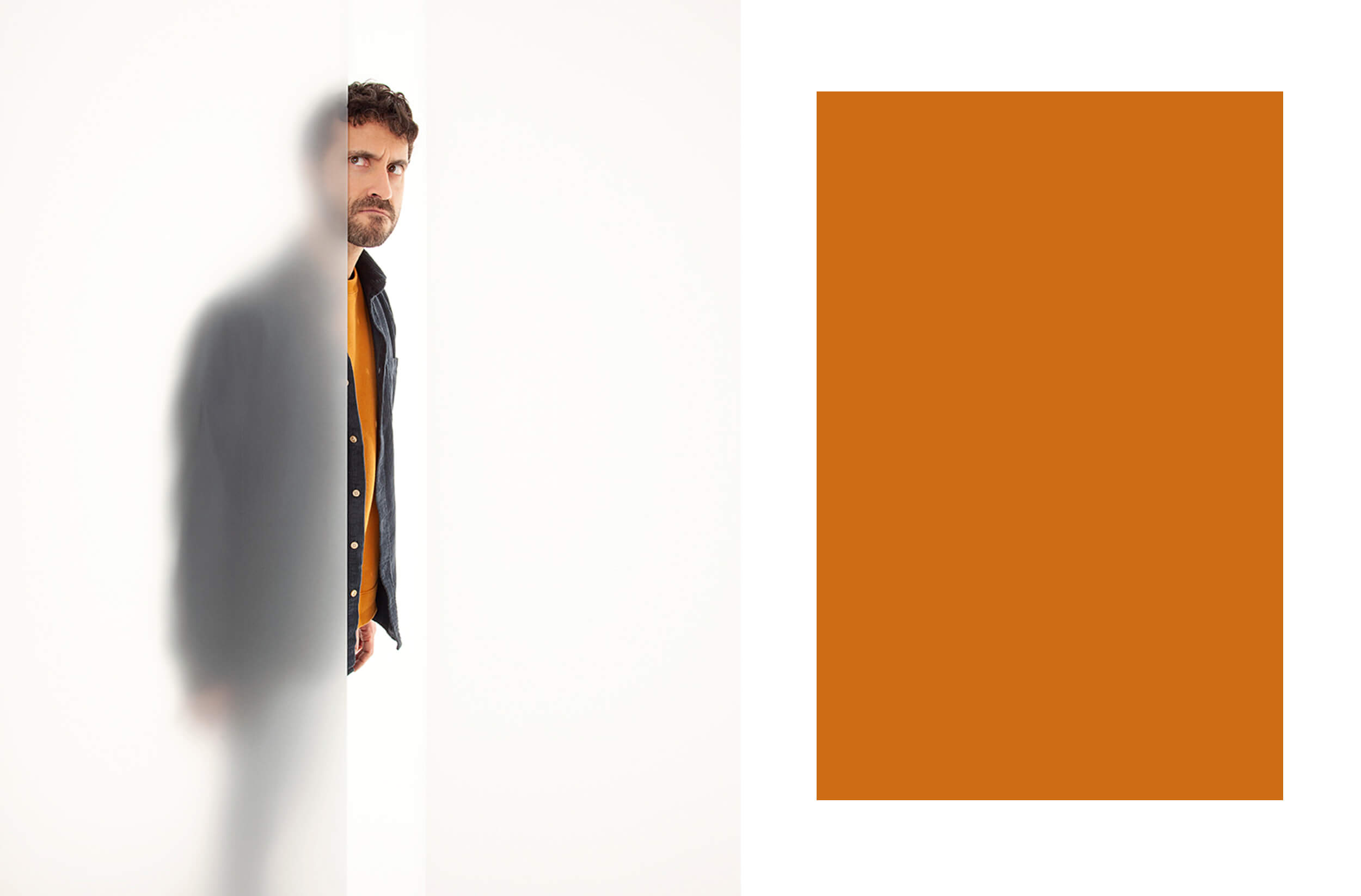

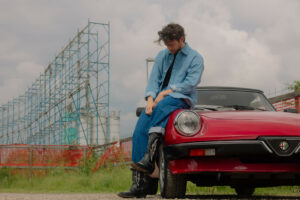

![Interview with Dr. George Gaitanos [Chief Operating and Scientific Officer of Chenot]: Giving meaning to time](https://www.theitalianreve.com/wp-content/uploads/2025/04/LAlbereta-dalla-Vigna-Leone-300x200.jpg)